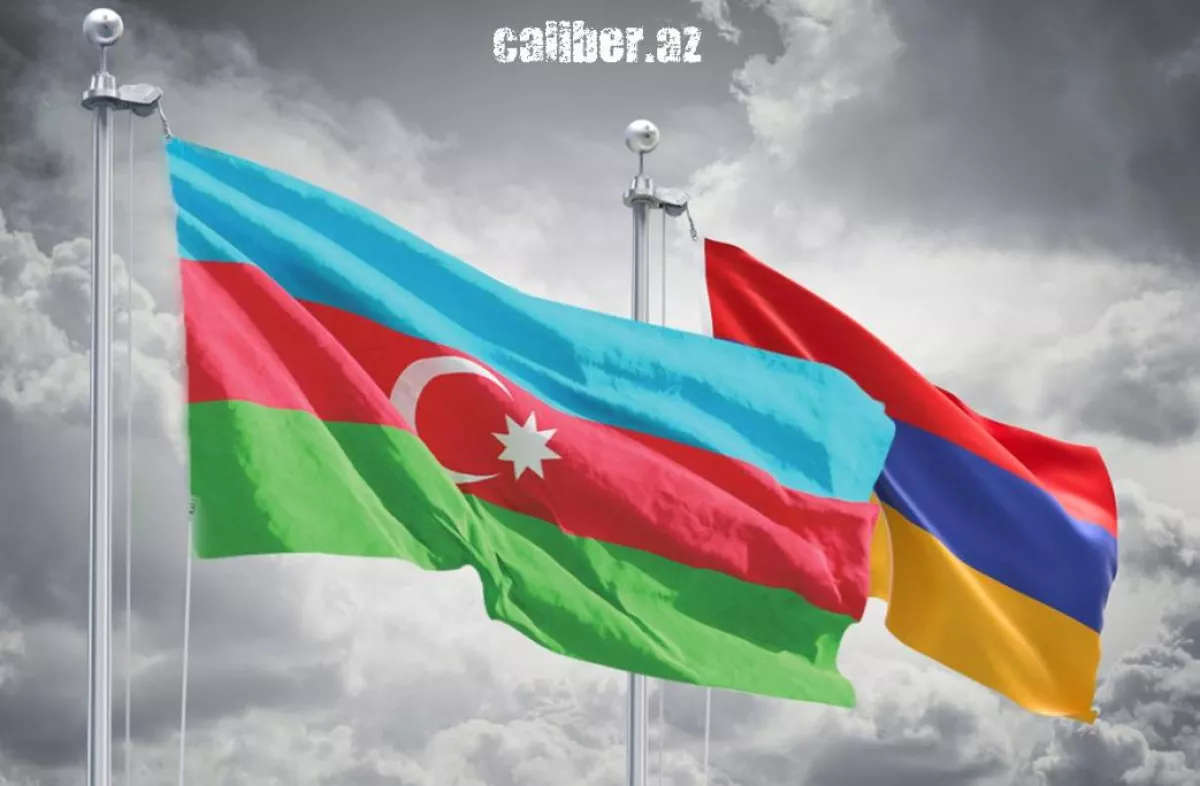Post-Washington summit: Armenian opposition resists peace with Azerbaijan Revanchists stir trouble
Armenian Prime Minister Nikol Pashinyan and his team, following the Washington meeting attended by Azerbaijani and U.S. Presidents Ilham Aliyev and Donald Trump, set a high bar of optimism regarding the prompt signing of a peace agreement between Baku and Yerevan. As expected, this sparked an extremely negative reaction from Armenian opposition groups, which have rallied against the current government over the prospect of inevitable reconciliation with Azerbaijan.
The Armenian opposition, particularly the Republican Party of Serzh Sargsyan, has once again unleashed a loud outcry, claiming that the initialed agreement allegedly contains “new existential threats to Armenia and the Armenian people,” not only putting a final legal end to the “Artsakh issue” but also creating obstacles to the “restoration of the rights of the ‘Artsakh people’” and their return. As expected, Nikol Pashinyan’s fierce political opponents have set in motion a wave of provocative messages, asserting that the normalisation process with Azerbaijan is built around meeting Baku’s demands, with an eye toward the domestic audience.
The attacks from Nikol Pashinyan’s political opponents escalated further after he posted the text of the initialled agreement on his Facebook page, accompanied by the following comment: “Here is the text of the initialled Agreement on Peace and the Establishment of Interstate Relations between Armenia and Azerbaijan, which was previously signed in Washington. This Agreement serves as a solid foundation for establishing a reliable and long-term peace, the result of mutual consent between Armenia and Azerbaijan, reflecting the balanced interests of both countries.”
It is worth noting that Armenia’s current authorities remain remarkably composed in the face of provocative attacks from opposition and revanchist elements. This is further confirmed by an encouraging post from Armenian Parliament Speaker Alen Simonyan, who, like the Prime Minister, shared an optimism-filled message on his Facebook page the day before, addressing it to Armenia’s younger generation and emphasising in particular the historic importance of the peace agreement with Azerbaijan.

“The peace agreement between Armenia and Azerbaijan opens up great opportunities and wide doors for our country to strengthen the economy, develop education, and enhance security. Your generation will become the greatest builder and guardian of lasting peace. I believe that together we will build a safe, just, and prosperous Armenia, where you can fulfill your dreams without limitations, uncertainty, or fear,” he wrote.
The points highlighted by Simonyan in this post are particularly relevant, given that the current young generation of Armenians lacks an accurate understanding of the essence of the Karabakh conflict and the true history of Armenian–Azerbaijani relations.
However, will Pashinyan be able to fulfill Baku’s key demand on the peace agenda amid intense confrontation with the church and the opposition?
Considering that the Prime Minister periodically addresses Armenian youth on the topic of national identity—urging them not to repeat the mistakes of the past that led to war, not to dwell on the past, and to actively participate in building Armenia’s future, as reflected in his “real Armenia” concept—it can be said with confidence that by signing the joint declaration in Washington de jure, Pashinyan has de facto entrenched within the country this ideology that Karabakh is Azerbaijan!
We believe that Pashinyan will continue promoting the concept of a “real Armenia” in the future, in order to smoothly conduct the constitutional referendum scheduled for 2026, immediately after the parliamentary elections.
Thus, it can be concluded that all the efforts of the revanchist opposition—spitting venom over the Washington summit and the initialing of the peace agreement—will be in vain, and Prime Minister Pashinyan will see the process through to its logical conclusion: amendments will be introduced into Armenia’s Constitution eliminating any territorial claims against Azerbaijan. Therefore, there is every reason to believe that the signing of a peace agreement between Baku and Yerevan is not far off.








